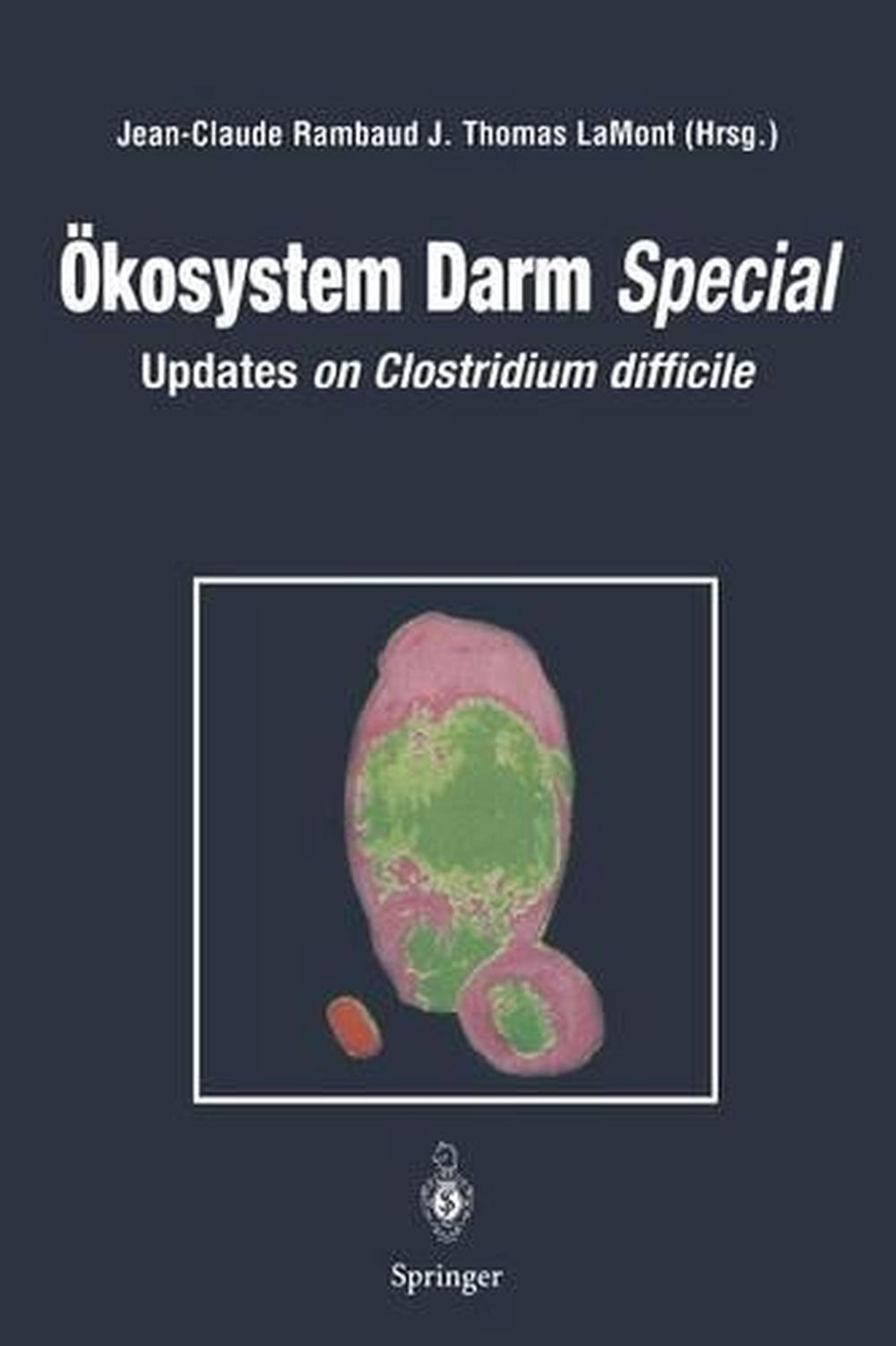kosystem Darm Special
by Jean-Paul Rambaud, J.Thomas LaMontEstimated delivery 3-12 business days
Format Paperback
Condition Brand New
Description Jean-Claude Rambaud The place occupied today in basic and clinical research by intestinal disease related to Clostridium difficile is such that it is hard to remember that this range of disorders was completely identified only in 1977-1978, even though pieces of the puzzle had been identified ,much earlier. A brief historical review of the discovery of the enteropathogenicity of C. dif. ficile in man might thus be useful. The bacterium was described in 1935 in the stools of infants, using the name Bacillus difficilis [7]. U ntiI 1977, the microorganism, renamed C. difficile, considered to be of endogenous origin, was isolated only in rare cases of abscess or infection, most often unrelated to the digestive tract. Its role in genito-urinary infections [6] was not confirmed. However, the frequency of infant healthy carriers was recognized from the outset [7, 13]. Pseudo-membranous colitis (PMC) was described in 1883 following~ a gastroenterostomy. Many cases of this condition were published subsequently before the antibiotic era, describing various risk factors [4]. However the disease began to flourish only with the increasingly wide use of antibiotics. Antibiotic associated PMC was first described as an enterocolitis, though with little pathological evidence. It was principally related to the use of chloramphenicol and tetracyclines and attributed to proliferation of Staphylococcus aureus [11], a concept strengthened by the spectacular therapeutic action of vancomycin


